- Since the 1990s, both men and women in Poland have been reluctant to have children. The group that would want to have children under any circumstances is relatively large (15 percent), and this number is even larger among the youngest respondents (23 percent).
- Polish women are afraid of motherhood and see it as a “sacrifice” that they often do not want to make. As an explanation they point to issues of health, beauty, time for themselves, and what they may lose as a result of getting pregnant. While Polish men refer to general considerations of fatherhood when justifying their lack of children and they are less likely to see it as a “sacrifice.”
- Even fewer children are born in Poland than in the average European country, while Europe is already the continent with the lowest fertility rate in the world (1.54). The fertility rate in Poland is even lower (1.45). Significantly, there are too few women of reproductive age as a result of the demographic collapse of the 1990s to close the generation gap.
- There are countries in Europe with relatively high fertility rates: most notably France (fertility rate of 1.86) and Czechia (1.71). France is the least likely of all Europe to have an aging population. Czechia, on the other hand, has recorded the highest fertility growth in recent years. The increased fertility in these countries is due to high salary for child care, as well as people’s positive attitude toward motherhood.
- If it were not for various types of restrictions, 2/3rd of Poles would like to have more children. This is according to a survey conducted by the Maison & Partners Center on behalf of WEI. It also turns out that one in five adult Poles does not have, but would like to have children. What is more, one in five adult Poles does not have children and would not like to have them in the future.
- One of the reasons for the aversion to motherhood and fatherhood in Poland is its unfavorable image in the mainstream media. Both motherhood and fatherhood are supposed to be associated with something outdated, demanding, difficult, and life absorbing. For example, in one of Polish leading newspapers, content related to transgenderism is taken up more often and more favorably than that related to mothers, despite the fact that the former affects thousands and the latter millions of people.
- One of the reasons why the media does not see the value in motherhood is the woke culture that has begun to infiltrate Poland in recent years. It is in many aspects directly anti-natalist and thus opposed to having children.
- Young Poles are not satisfied with their physical appearance. According to the survey for WEI, they were asked about their attitudes toward their physical appearance (attractiveness and beauty) and gender: femininity and masculinity. Women aged 25-34 rated their attractiveness worst (42 percent dissatisfied), while men aged 18-24 rated their masculinity worst (20 percent dissatisfied). In both cases, the fault lies largely with the spread of unrealistic images of femininity and masculinity on the internet.
- Women are affected negatively by social media, celebrity culture and the associated beauty industry. Among men, dissatisfaction with their appearance is linked to watching pornography, unfavorable also in terms of forming relationships with women. Fortunately, negative attitudes toward themselves are decreasing in older age groups.
- Poles are often reluctant to the IVF procedure, adoption and even single parenthood. Thirty-five percent of respondents would not accept IVF, while adoption and single parenthood would not by accepted by 37 percent, respectively.
- Notorious reports claiming aversion to the LGBT people in Poland are not true. Most Poles would accept homosexuality (80 percent) and transgenderism (76 percent) among their own children.
DOWNLOAD REPORT IN POLISH VERSION





